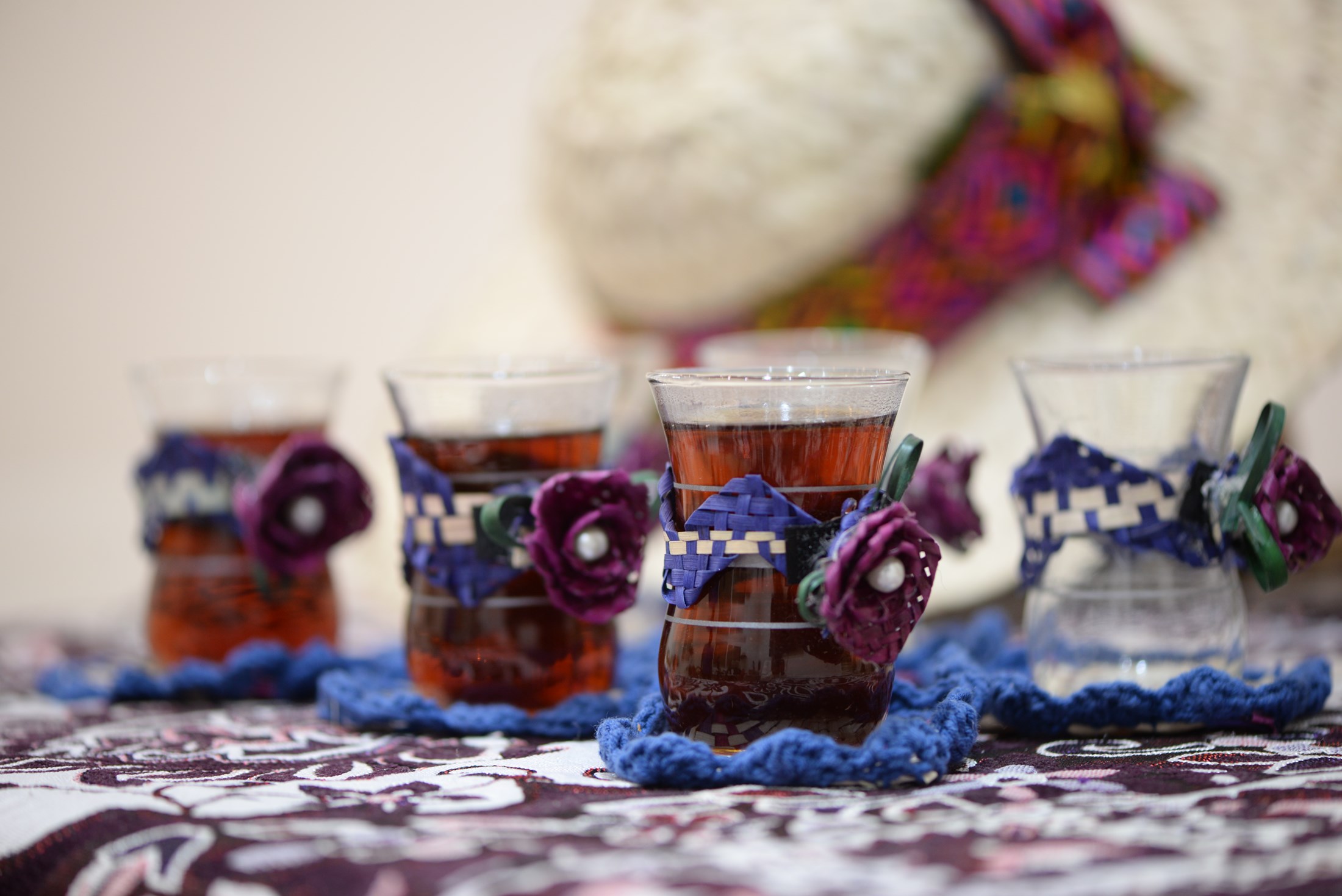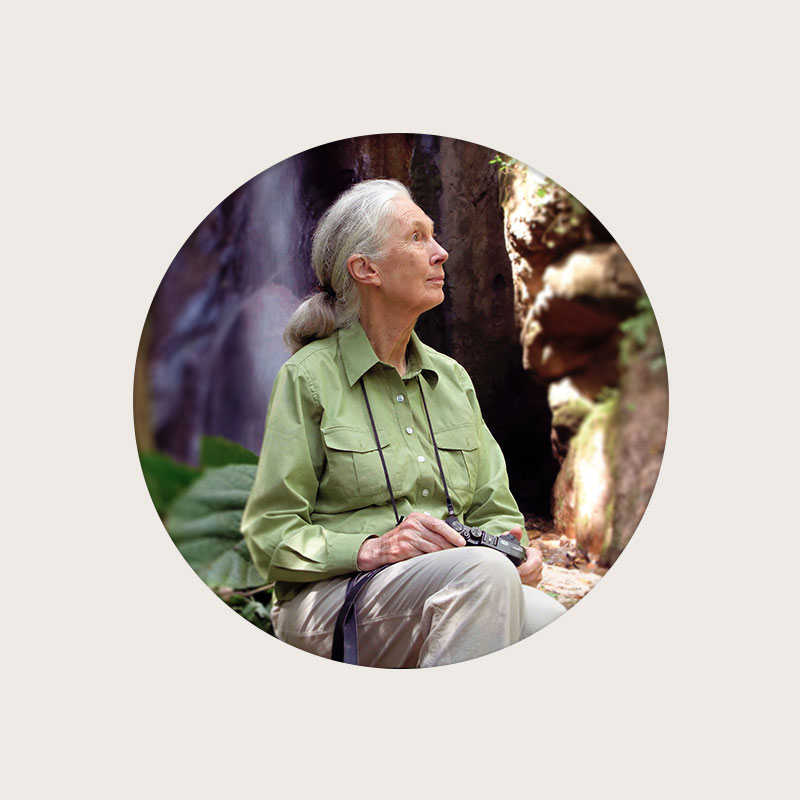Saudi Arabia’s King Khalid Foundation (KKF) is blazing a new trail with the launch of its green grants programme seeking to engage the next generation of social enterprises and nonprofits to tackle social inequalities such as poverty and youth unemployment in a climate friendly way.
Begun initially as a pilot in 2022 to build the capacity of nonprofits and social enterprises working to develop the Kingdom’s green economy, the SAR1m (US$267,000) Green Grants initiative is now running a second round and is inviting interested organisations to submit proposals for consideration.
“What we are trying to do is to create interest on the part of the nonprofit sector to come up with development projects that combine social justice and economic and environmental sustainability,” explained Nadine Hassassian, KKF’s social investment programme director.
Some 98 entities registered for the first round of Green Grants. Of these, 31 were invited to a workshop about the “green economy” featuring university experts defining sustainability and explaining “green jobs”.
Nineteen applicants continued on after the workshop, from which KKF chose the eight most relevant before selecting four organisations to each receive a grant of between SAR 100,000 to SAR 250,000.






